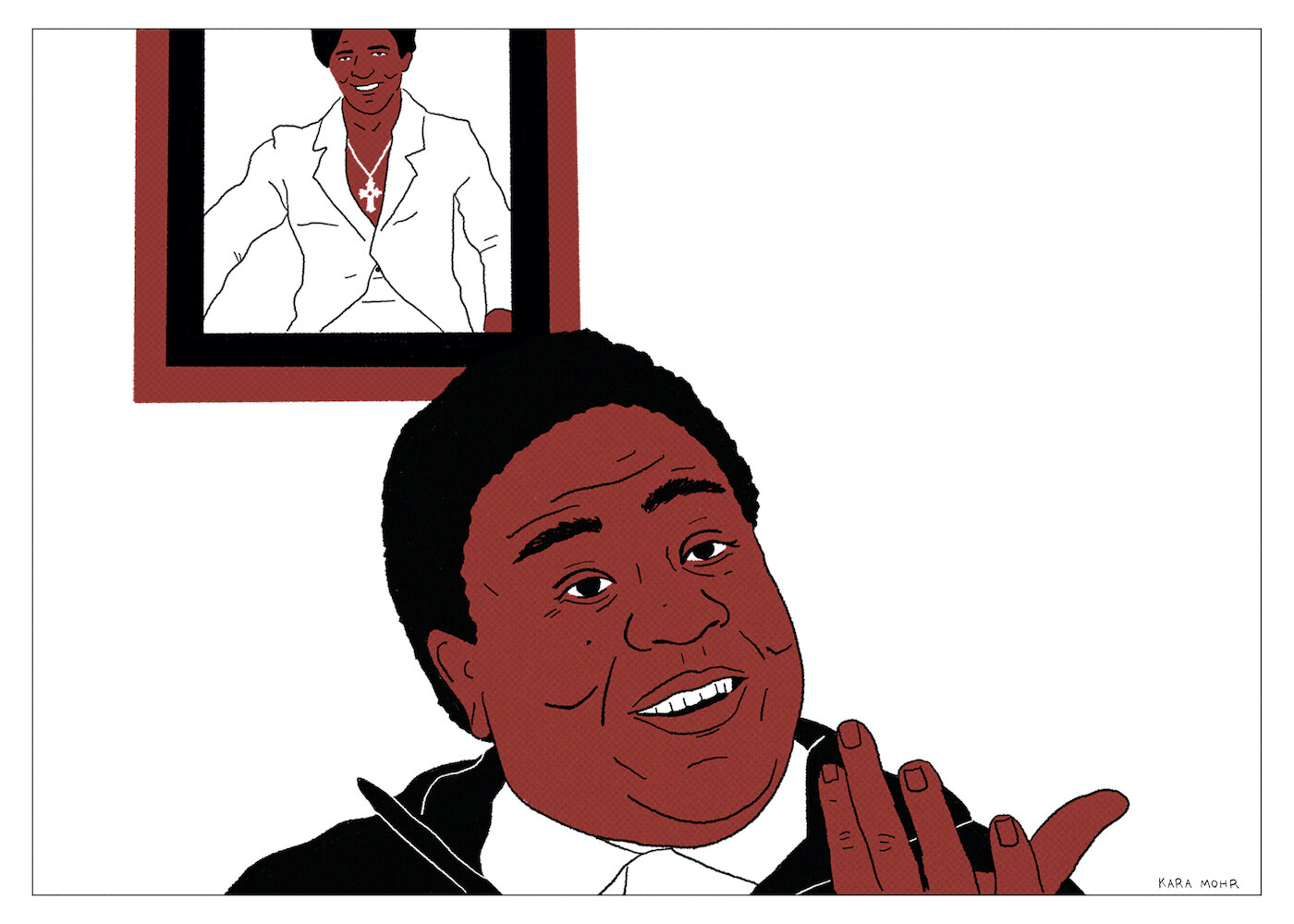
Al Green “Lay It Down”
I have found it to be exceedingly difficult to write about Al Green, the singer, without wading into Al Green, the man. Who am I to write about Al Green, a man I have never met, when so much of his popular framing is steeped in racism? Is this essay unnecessary and frivolous? Probably. Is it poorly timed? No doubt. Will I make an earnest go at it anyway? Yes. Because I really want to talk about AI Green’s fairly spectacular 2008 collaboration with ?uestlove, “Lay it Down.” So, here goes.
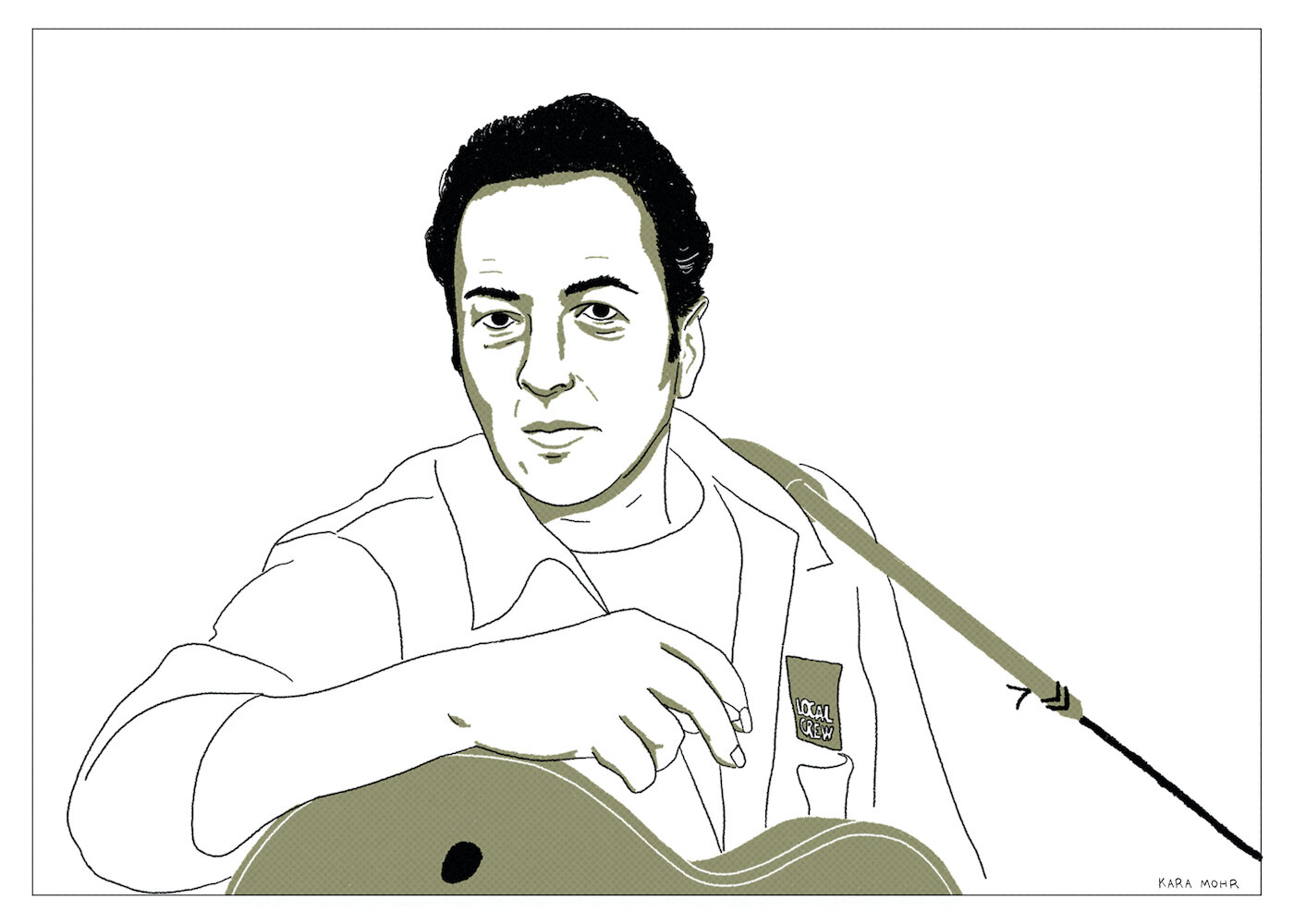
Joe Strummer and the Mescaleros “Global a Go-Go”
In 1982, he was the man at the front of “The Most Important Band In The World.” To see him then is to have seen someone intent on everything and capable of anything. But, just two years after that, The Clash would release a genuinely terrible final album. By his own account, Joe Strummer simply lost the ability to make The Most Important Music In The World. He kept busy. But, many wondered if their hero had lost the ability to be “Joe Strummer.”
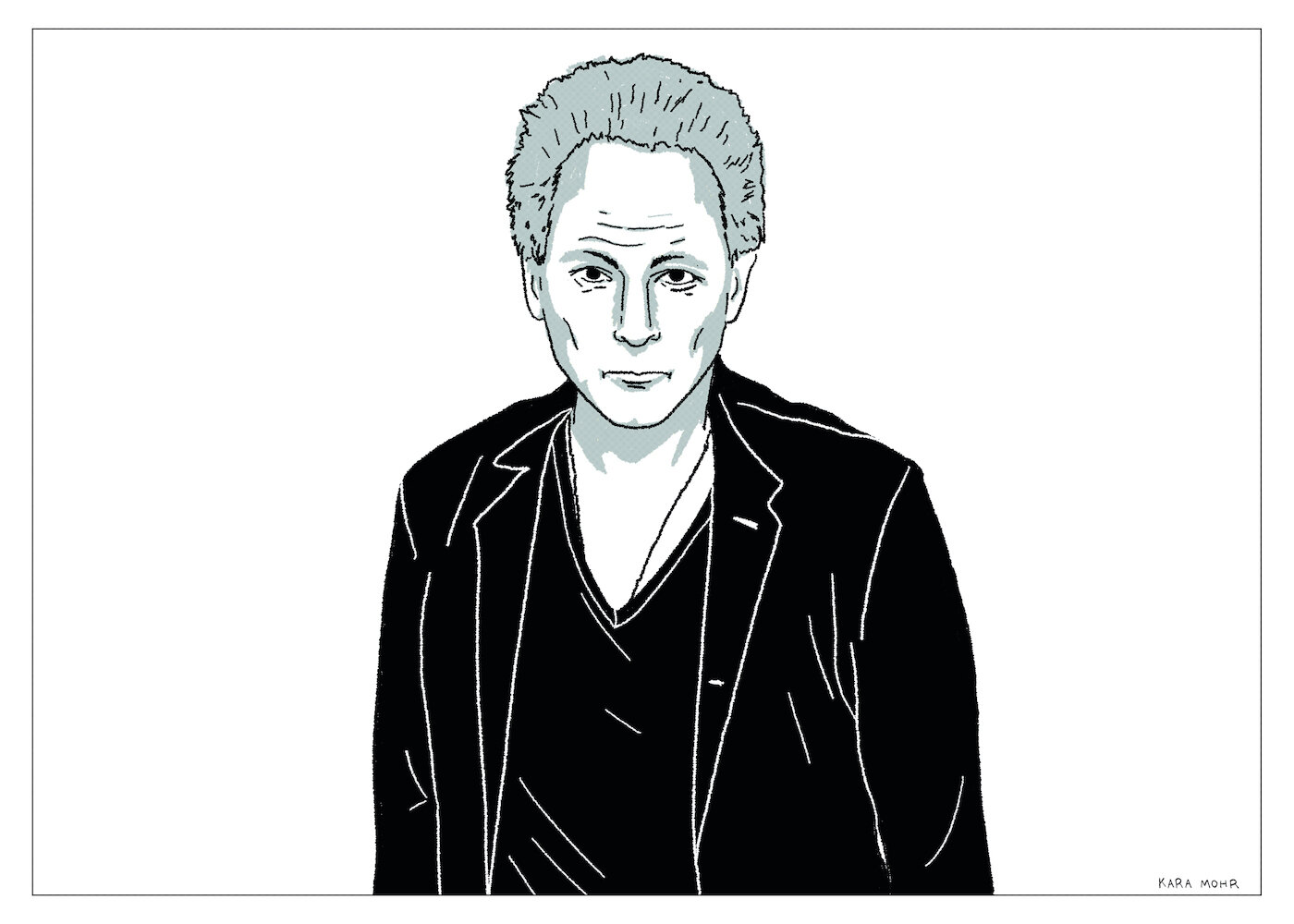
Lindsey Buckingham “Under the Skin”
Lindsey Buckingham’s fourth solo album opens up in therapy, mid dream interpretation. Under his trademark finger-picking guitar style is a hushed confession about feeling unseen. It’s a great irony considering just how “seen” this musician has been. However, where his bandmate and one-time romantic partner Stevie Nicks conjured her great solo career with a witchy twist of the wrist, Buckingham had more trouble. There was something pent up in him. What was it?
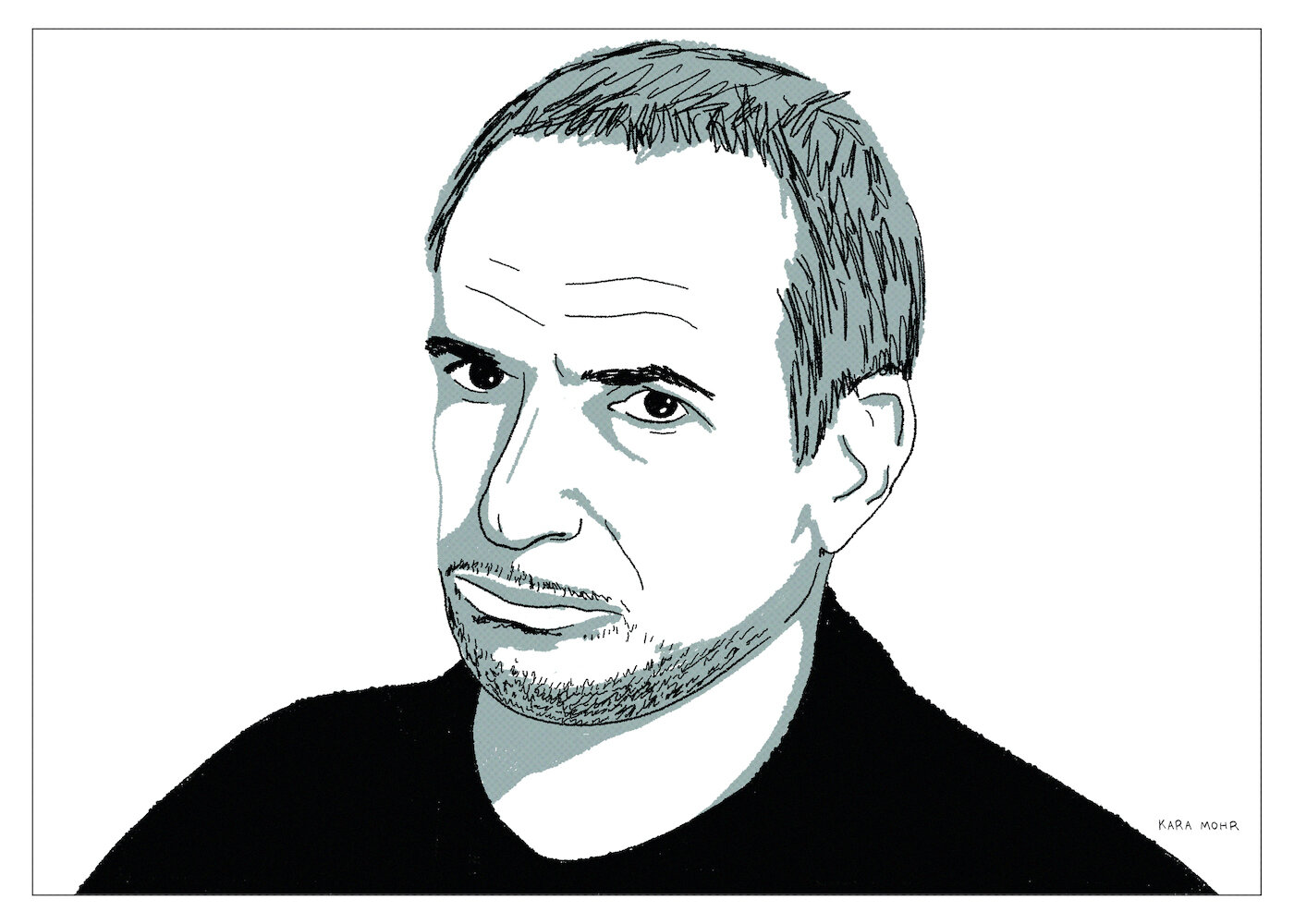
Donald Fagen “Morph the Cat”
I had successfully avoided my Steely Dan reckoning for decades. But, every five years, there would be another drip. A friend would ask my position — pro or con? Another might ask if I’d heard Donald Fagen’s latest solo record. Drip. Drip. It was torture. And so, in 2020, I resolved to kind of, sort of, take on The Dan. I dipped a toe into the cool water of Fagen’s solo album “Morph the Cat.” Everything I feared and hoped for was right there.
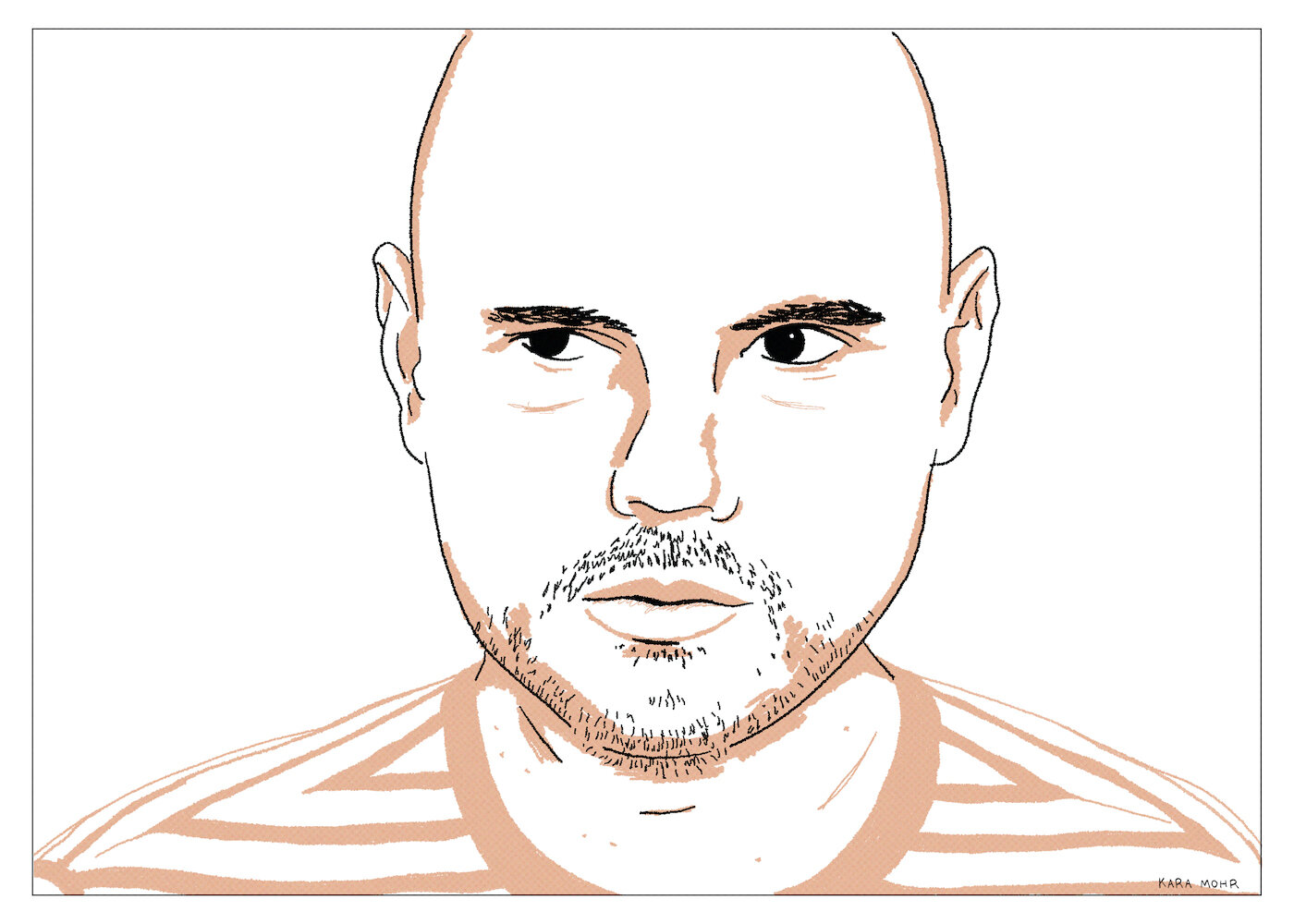
William Patrick Corgan “Ogilala”
On “Ogilala,” Rick Rubin brings his rich, if familiar, bag of tricks to the middle-aged, curious and misunderstood singer and songwriter. The album is a prestige piece. It’s like when Annie Lebowitz shoots a movie star at fifty for Vanity Fair and shows their lines, their age, their greys and their natural beauty. In that very same way, this record is quite beautiful. But, also in that same way, it’s a lot of work. And its sum is probably greater than its parts.
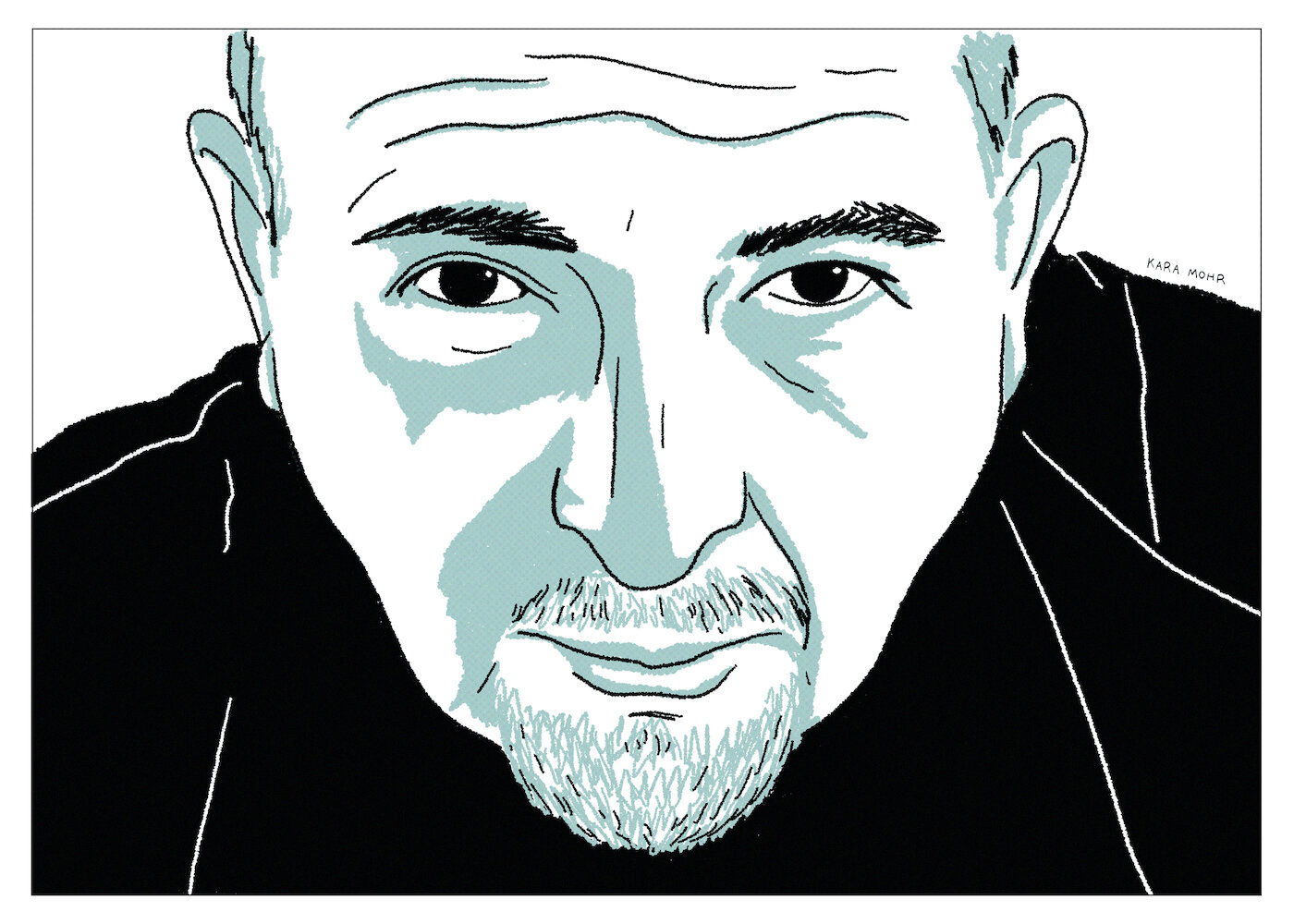
Peter Gabriel ”Up”
Gabriel was not known for his balance. His first four untitled solo album covers feature a distortion of his face to let you know he was a little intense. But, if you listened closely, he started opening up more. First, he empathized with Stephen Biko, a real life political dissident. Then he even started empathizing with regular people, culminating in his commercial breakthrough album, “So.” But Gabriel still had a long way to go from his first solo album where he thought a song called “Moribund the Burgermeister” was a good idea.
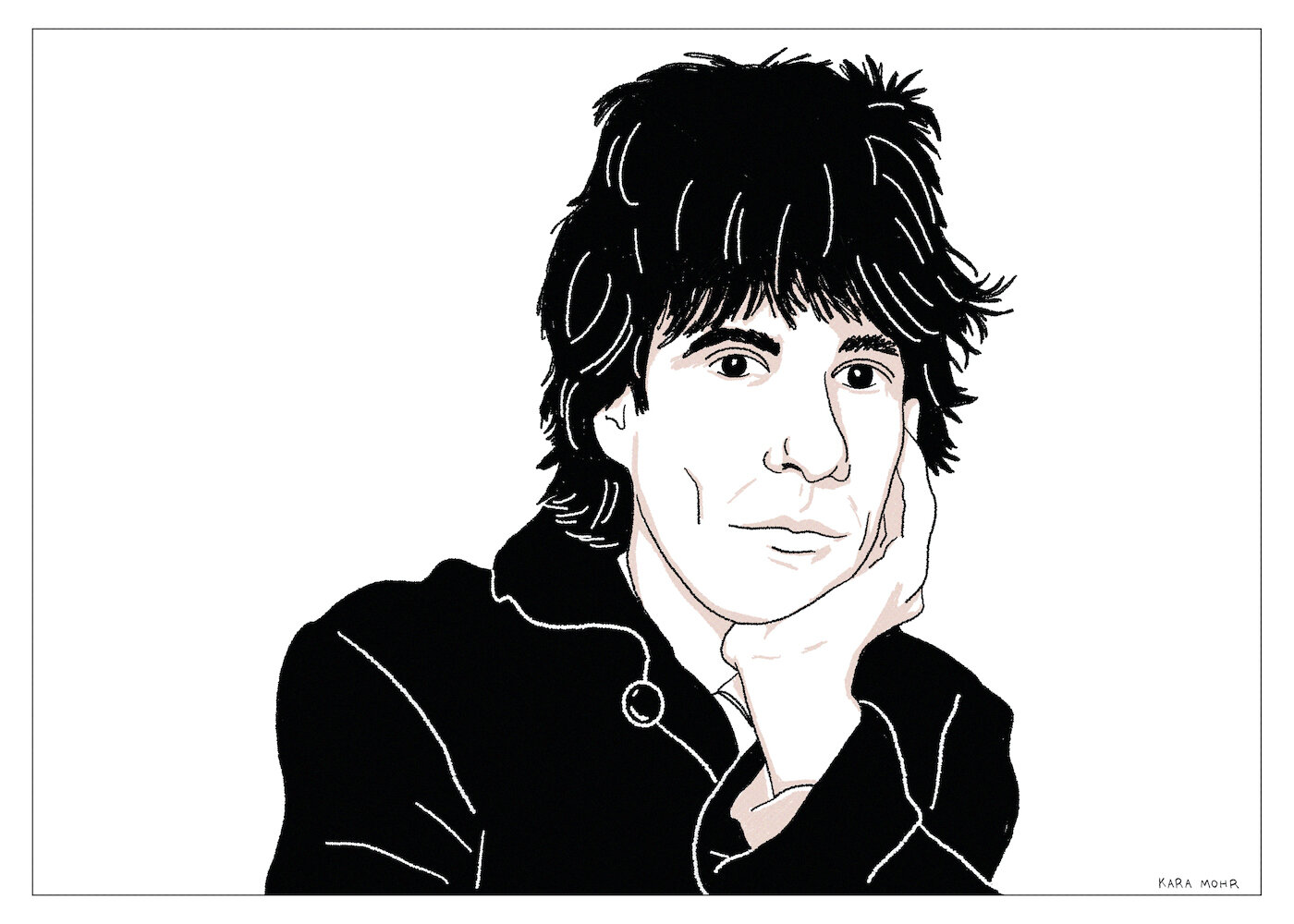
Paul Westerberg “Folker”
Westerberg solo and sober had difficulty finding his voice. When he rocked with expensive producers he sounded like watered down Replacements. When he switched to a piano and tried to be a singer songwriter, he sounded like a morose Carole King. Fans began to move on. But then, something happened. The malcontent outcast found his voice again. “Folker” is desperate middle-aged music. Also-ran music. Music about regret and compromise. Music written from your knees.

Frank Black “Honeycomb”
In 2005, nearly twenty years after he founded The Pixies, a whole bunch of shit happened to Frank Black. The Pixies simply could not work together and cancelled a tour. And, sadly, his marriage of sixteen years ended. So, Frank Black went into therapy to figure out what he needed to do. The “what” apparently was to head to Nashville, assemble a group of legendary session players, and finally record his “Black on Blonde” record.
